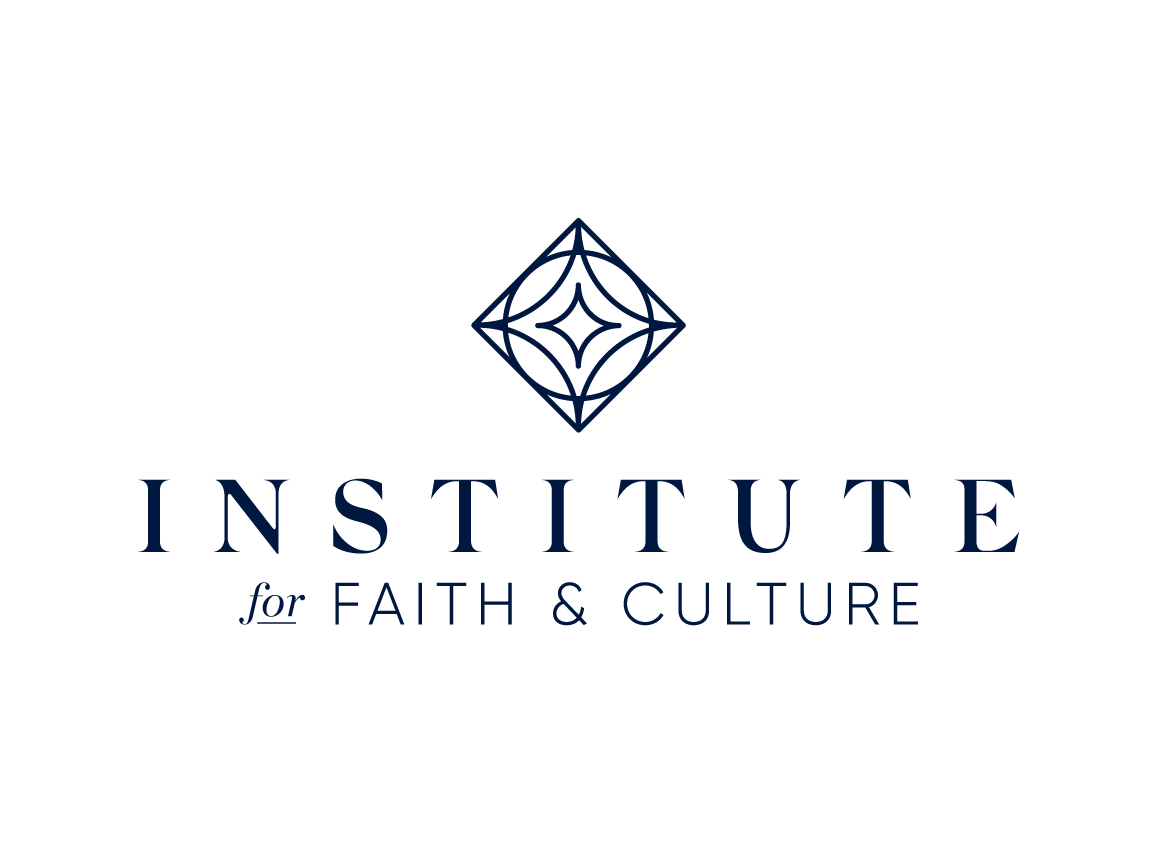Does this war on the “order of being” sound familiar? It is no longer about the “New Soviet Man,” to be sure, but what else is the current erasure of the sexes, the invention of “birthing persons,” the rejection of any connection between one’s basic biology and one’s would-be completely autonomous state of mind, or the notion that the nuclear family is a harmful institution that must be transcended? For Marx and his followers, the critique of religion is not just a rejection of grace; it is the repudiation of nature, as well.
Second, this criticism is what Voegelin calls an “intellectual swindle.” It pretends to engage in reason and argument, but at the end of the day it feels no need to establish or defend its premises. Questioning is out of bounds for the revolutionary, who, after all, has not arrived at his position by questioning. Criticism is not fundamentally about intellectual inquiry; it is a means to an end, and that end is the complete overturning of power structures. What irony! When the Critical Theorist derisively calls all propositions or arguments or truth claims mere linguistic power plays, it is psychological projection, for that is precisely what he or she is engaged in. Listen again to Marx:
Criticism does not need to make things clear to itself as regards this subject-matter, for it has already dealt with it. Criticism appears no longer as an end in itself, but only as a means. Its essential sentiment is indignation, its essential activity is denunciation.[4]
Criticism “does not need to make things clear to itself.” It is, in a word, self-authenticating; the acid of radical skepticism, applied so thoroughly to the objects of its malice (in Marx’s case, bourgeois capitalism), miraculously leaves the critic himself untouched! As a friend recently quipped to me, “The hermeneutics of suspicion never suspects itself.” Voegelin ably exposes how Critical Theory excuses itself from its own enterprise and hopes that we will not notice.
Note also Marx’s description of criticism’s essential sentiment as indignation and its essential activity as denunciation. Why does it seem to only know “How dare you?” (indignation) and “You are a bigot” (denunciation)? Because that is the only point. Let us avoid naiveté: what we might view as “bugs” in this worldview—its unwillingness to be questioned, to engage in real debate, readiness to resort to the ad hominem—are, in the minds of its adherents, features.
In an essay that might well have been written yesterday, C.S. Lewis explained the art of not refuting an opponent, but rather explaining why your opponent is self-evidently wrong. As in, “Let me explain to you all the socially constructed factors that molded you into the evil oppressor you are.” He called this fallacy “Bulverism,” and you hear it incessantly in these common maneuvers: “You only say that because…” You are a capitalist pig. You are white. Male. Cisgender. Heterosexual. Fundamentalist. Bigot. And so on.
Lewis sharply observed:
Now this is obviously great fun; but it has not always been noticed that there is a bill to pay for it. There are two questions that people who say this kind of thing ought to be asked. The first is, Are all thoughts thus tainted at the source, or only some? The second is, Does the taint invalidate the tainted thought—in the sense of making it untrue—or not? If they say that all thoughts are thus tainted, then, of course, we must remind them that Freudianism and Marxism are as much systems of thought as Christian theology or philosophical idealism. The Freudian and the Marxian are in the same boat with all the rest of us, and cannot criticize us from outside. They have sawn off the branch they were sitting on. If, on the other hand, they say that the taint need not invalidate their thinking, then neither need it invalidate ours. In which case they have saved their own branch, but also saved ours along with it.[5]
But I don’t believe Lewis quite appreciated just how serious the Critical Theorists were. They exempt themselves from this logic, nowadays dismissing logic itself as an artifact of “white supremacy.” Moreover, Marx himself stated openly that ad hominem—which is, of course, what “Bulverism” is—is absolutely necessary for his revolutionary program:
[…] material force must be overthrown by material force; but theory also becomes a material force as soon as it has gripped the masses. Theory is capable of gripping the masses as soon as it demonstrates ad hominem, and it demonstrates ad hominem as soon as it becomes radical.[6]
Most importantly, Lewis failed to grasp that these people do not view themselves as being in the same boat with the rest of humanity. They are gnostics, the “knowing ones,” those initiated into the secrets of the cosmos and the souls of men. They have the secret insight, the vision, and the techniques to tear down the order of reality and bring into existence the parousia, the arrival, of a new utopian paradise. Gnosis, or secret knowledge and insight, is the key to achieving this, and it is no accident that in our day these practitioners call themselves “woke.” They are self-appointed, god-like emissaries, liberators of the elect and judge, jury, and executioner of the reprobate. In the case of Marx’s own political program, I mean that quite literally. As a matter of historical record, gulags, firing squads, and mass starvation are the fruits of this rotten tree.
And that is the third observation I wish to draw from Voegelin. Read this chilling passage:
The nature of a thing cannot be changed; whoever tries to ‘alter’ its nature destroys the thing. Man cannot transform himself into a superman; the attempt to create a superman is an attempt to murder man. Historically, the murder of God is not followed by the superman, but by the murder of man: the deicide of the gnostic theoreticians is followed by the homicide of the revolutionary practitioners.[7]
God cannot be touched. So, this endeavor inevitably turns to the next-best thing: the slaying or disfigurement of his image, the imago Dei. Attempted deicide has, and will, lead to homicide.
To be clear, I am speaking about the past and not current events. I do not much like or approve of the hysterical catastrophism of our contemporary politics. But wise is the adage that those who do not learn from history are destined to repeat it. Still more sobering is the postscript to that adage provided by a cartoon I watched recently: a wizened old professor added, “And those who do learn from history are destined to stand by helplessly while everyone else repeats it.”
Here I ought to point out clearly that I am calling a certain worldview, a set of ideas and practices, a movement, potentially deadly. That is not at all the same thing as calling Aunt Matilda, who proudly displays her Black Lives Matter sign in her front yard, a murderer. Maybe Aunt Matilda is right, and we really are just talking about equal rights and opportunity under the law and police brutality and structural disadvantages for minorities, all topics which can and should be discussed and debated in any humane society.
But I will ask: could Aunt Matilda—good-natured, compassionate, and well-intentioned Aunt Matilda—be mistaken? Should we just ignore that the Black Lives Matter organization’s official mission statement (lately scrubbed from the Internet) was a full-throated endorsement of Marxist revolution and the aims of the LGBTQ+ community, along with a clear call for the eradication of the nuclear, biological family? Is it out of bounds to peer behind the curtain like a good critic (ahem) to see if there’s some ulterior motive? No, not peer behind: they have told us openly their mission statement. And it is, on Voegelin’s terms, a new gnostic mass ideological movement. There are dogmas, creeds, confessions, catechisms, orthodoxies, heresies, and excommunications. As many commentators have noted, it is a pagan religion of its own.[8] It is gnostic, and Gnosticism is by definition outside the bounds of Christian orthodoxy.










